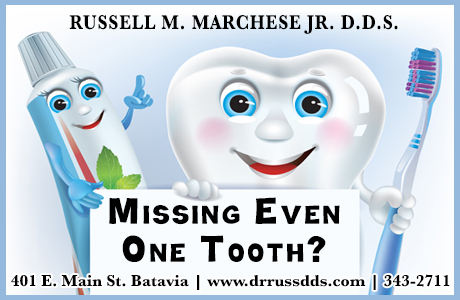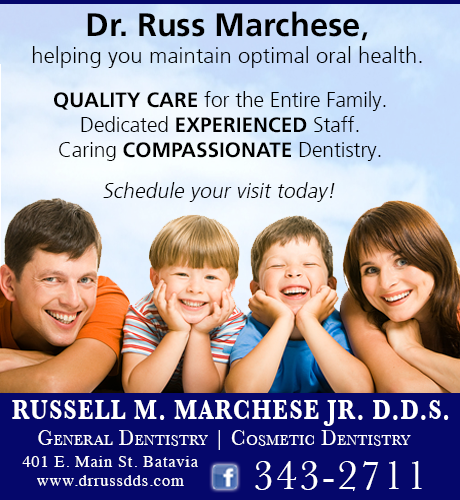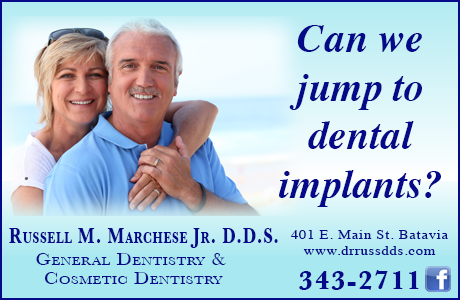Sponsored Post: Missing Even One Tooth?

Missing Even One Tooth?
If you're lucky enough to have all your teeth and they are clean and healthy, then lucky you are. You might also spend enough time brushing and flossing and that is a credit to you. But, if you're missing even one tooth, things start to happen and it usually is not good.
What happens if one back tooth is missing? First of all, there is a space. Rarely do teeth not move. But when there is a place they can go, they usually do. Upper teeth move down. Lower teeth move up. Adjacent teeth move sideways. The teeth that have moved vertically can cause serious bite or chewing issues and possibly joint issues. When teeth move horizontally, more spaces develop, spaces that may not be pretty or spaces that just compromise chewing. Ideal restoration, hence, usually means orthodontics first.
Secondly, losing one or more teeth means that every other tooth in your mouth now has to take on more force. Your muscles are just as strong and the forces are stronger than you might think. Teeth can break anyway but the ones most likely to break are those that are weaker such as teeth with fillings or especially those that have had root canal treatment. If a tooth breaks bad enough, we lose another and the collapse continues.
And lastly, missing a tooth means that there is a better side to chew on and we favor that side. Those teeth wear more. Even front teeth can wear more. And hopefully those teeth are not weakened because they, of course, can break. Missing more than one tooth? Bigger problems.
Talk to your dentist or hygienist. There are solutions! And there are more solutions than you think, especially these days, even for that one missing tooth.
Dr. Russell Marchese Jr. -- 585-343-2711. Like us on Facebook for more information.
Dr. Russell Marchese Jr. -- 585-343-2711. Like us on Facebook for more information.


